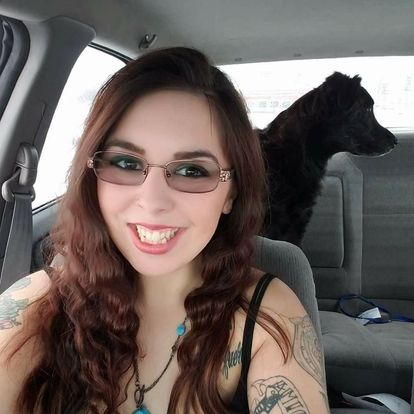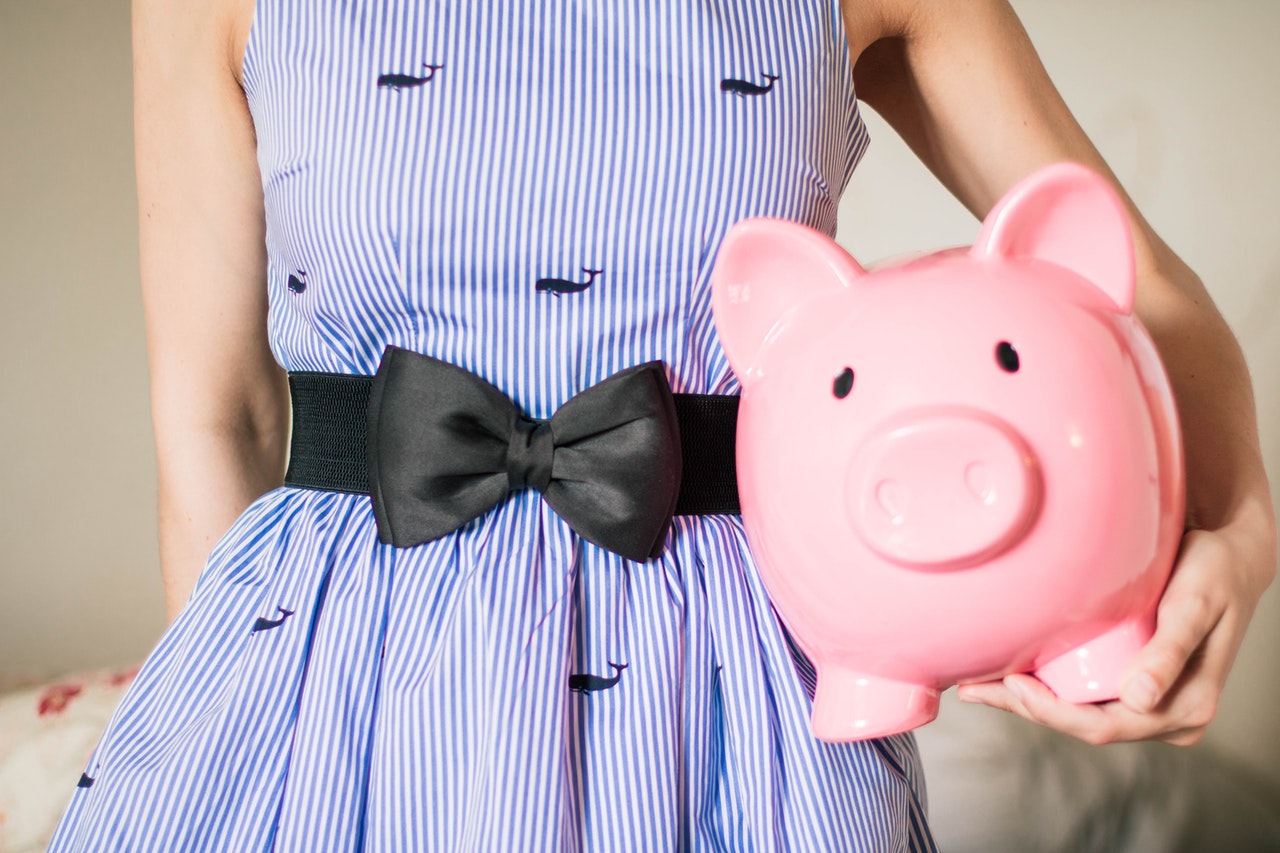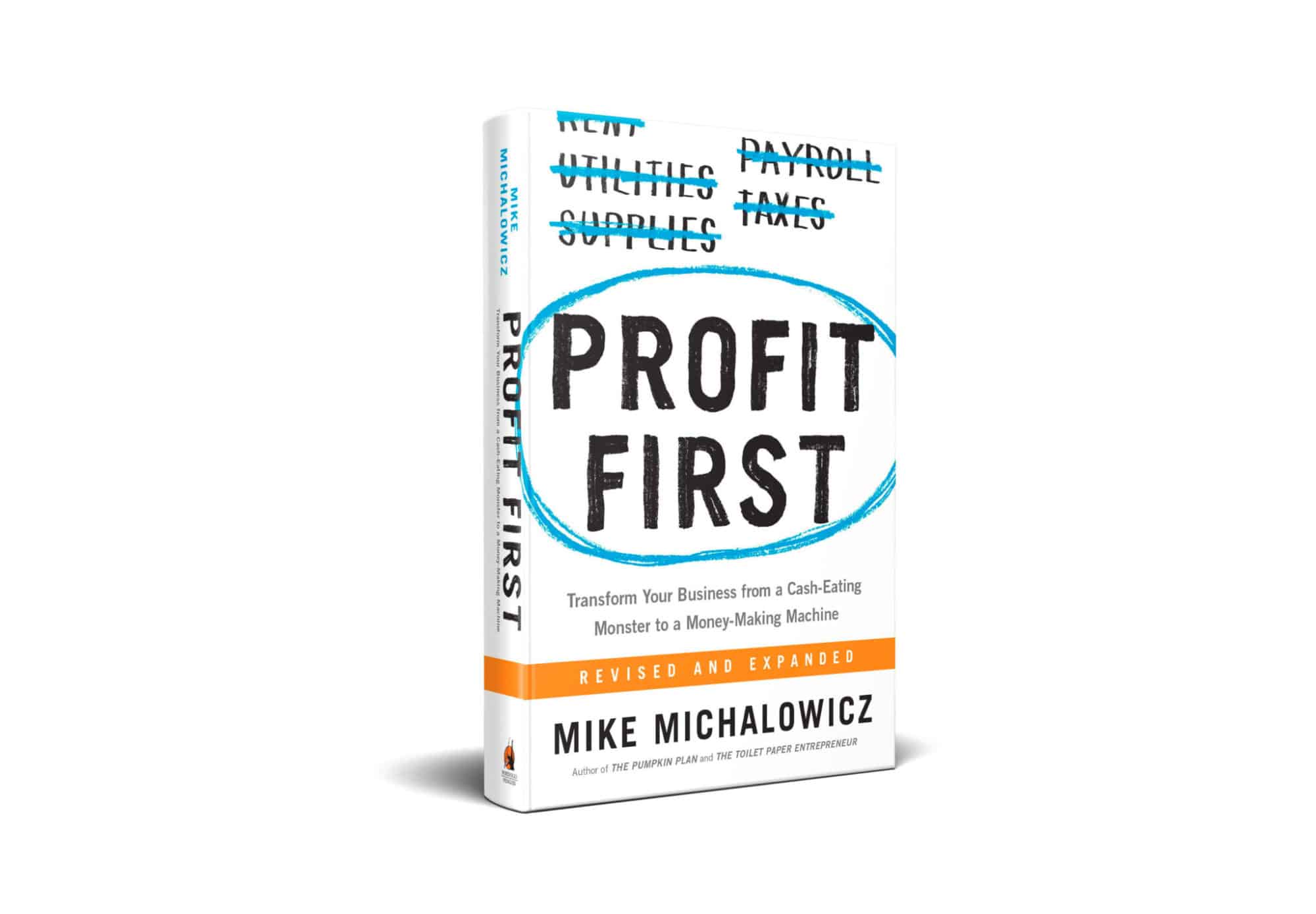
**All links are at the bottom of the post, footnote style**
Starting-A-Business Advice for My Niece

Business: Ya Gotta Start Soon and Ya Gotta Start Smart

Beginning Business Mistake #1: Playing It Too Safe


Beginning Business Mistake #2: Starting Without Knowing the End Result



Beginning Business Mistake #3: Underestimating the Power of Pre-Planned Marketing





Learn About Business While Doing the Dishes: Podcasts Rock
Did you know that there are hundreds of podcasts out there about business and marketing? Most are free.
Sometimes I listen to podcasts at 1 1/2 speed so I can absorb info faster. They keep me company when I wash dishes or fold clothes or eat lunch or drive in my car.
Some favorites:
The Marie Forleo TV and Podcast: There are videos, a podcast and a business school called b-school. (12)
- Business Done Differently(13)
- The How of Business (14)
- Seth Godin’s Start Up School (15)
- Being Boss (16)
- Amy Porterfield (17)
- The Business on Purpose Podcast (18)
- Entrepreneurs on Fire (19)
- The Self Employed Life (20)
- Optimal Startup Daily (21)
I found a great list of marketing books you can check out too. (22)

Beginning Business Mistake #3. Not Understanding Cash Flow and Profit


Business Profit From Day One

A Few More Tips for Beginning Businesses


Live Juicy, Joybird!

Posts
1 Post Why Joy Pomegranate
2 Post Why Your Learning Addiction Is Keeping You From Success
6 Post Get Rich Quick: The Only Plan That Actually Works
Links
3 Video About The Savannah Banana’s Success
4 Jesse Cole’s Book Find Your Yellow Tux: How To Be Successful By Standing Out
5 Podcast Business Done Differently With Jesse Cole
7 Website Builder Wix
8 Website Framework WordPress.org (not to be confused with WordPress.com)
9 Graphic Design & More Fivrr
10 Graphic Design & More Upwork
11 Graphic Design & More 99designs
13 Podcast The How Of Business
14 Podcast Business Done Differently
15 Podcast Seth Godin’s Start Up School
16 Podcast Being Boss
17 Podcast Amy Porterfield
18 Podcast Business On Purpose
19 Podcast Entrepreneurs On Fire
20 Podcast The Self-Employed Life
21 Podcast Optimal Startup Daily
22 List The Best Marketing Books Everyone Should Read
23 Mike Michalowicz’ Book Profit First
24 Mike Michalowicz’ Book Fix This Next
26 U.S. Chamber of Commerce Grants and Business Info
27 Small Business Association SBA
28 SCORE
Photos
Niece: Self Portrait
Open: Tim Douglas
Hide: Ketut Subiyanto
Unique: Yan Krukav
End: Ana Arantes
Piggy Bank: Kristina Paukshtite
Outside Help: Sora Shimazaki
Marketing: Kaboompics
Phone: 3D
Calculator: Karolina Grabowska
Doors: Pixabay
Podcast Listener: Anna Tarazevich
Green Growth: Alena Koval
ATM: Ono Kosuki
Money: Pixabay
Dog Walker: Blue Bird